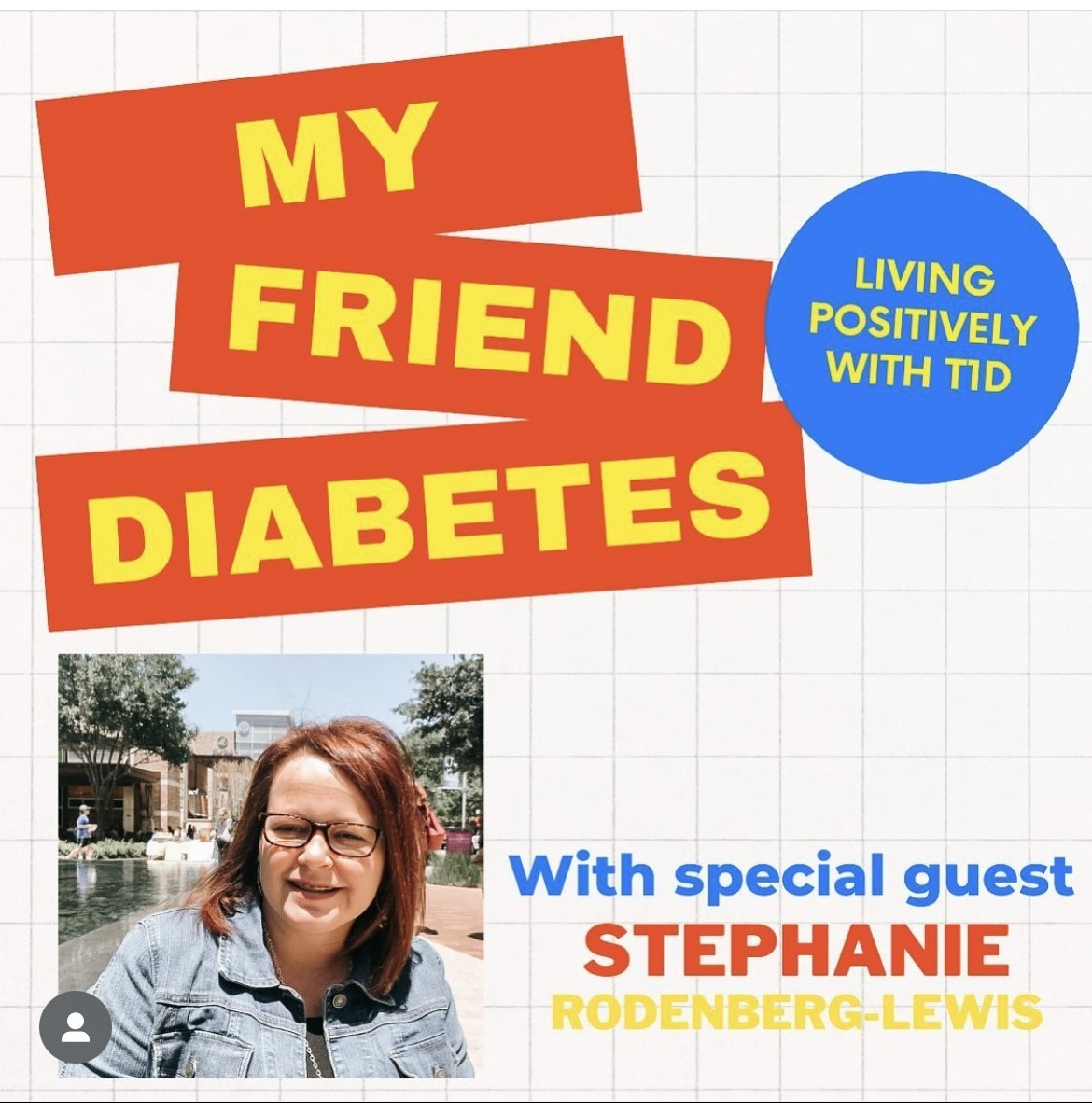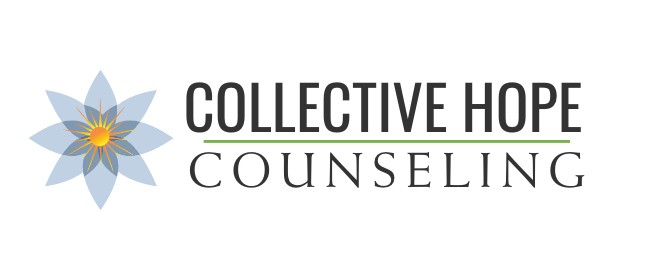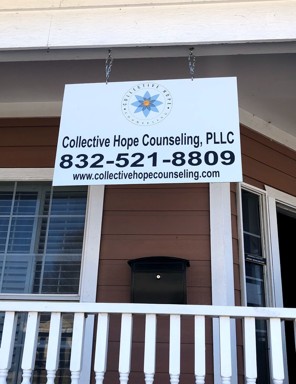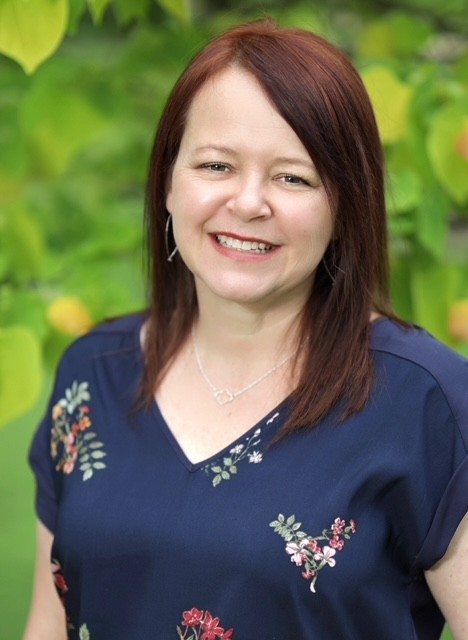We recently connected with Stephanie Rodenberg-Lewis and have shared our conversation below.
Stephanie, thanks for joining us, excited to have you contributing your stories and insights. We’d love to hear about how you went about setting up your own practice and if you have any advice for professionals who might be considering starting their own?
I decided to open my private practice during the Covid 19 pandemic in August 2020. Mental health concerns were at an all time high and I wanted to help. I knew it was a risk due to the health restrictions, economic concerns, and the overall sense of fear and uncertainty during this time. I did not yet have the client caseload to rent my own office space so I initially sub-leased space from a local group therapy practice. To my surprise, I filled up quickly. After only 5 months of renting space, I decided I was ready to get my own office. I was scared due to the increased financial risk but I also knew I wanted to “put my stamp” on my own space. I was so excited that after another six months I realized I needed more space and moved to the office space next door. At each step, I continued to hold onto the money I made as a “reserve” in the event that things slowed down. I am also in the unique position that my private practice is not my only source of income as I currently also hold a full time mental health position in the public school setting. So while there was risk involved, my livelihood was not dependent on my part time private practice.
Looking back, I feel like sub-letting space was a smart financial move and would recommend this to anyone up and coming in the profession. I also recommend having a “side hustle” with some predictable income while building your private practice, particularly if you do not accept insurance.


Awesome – so before we get into the rest of our questions, can you briefly introduce yourself to our readers.
My work is primarily focused on children and teens. As a former school teacher and counselor, I saw firsthand how kids were coming to school with mental health concerns. As a registered play therapist I work with younger children through play therapy. Play therapy allows a child to use toys to express how they feel and work through their emotional challenges in a way that is developmentally appropriate. I also work with teens using a combination of talk therapy and play therapy and use my background in child development as a guide. I also work closely with parents to help them better understand their child and how they can directly support their child through their challenges.
The other focus on my work is with the type 1 diabetic community. As a type 1 diabetic for almost 40 years, I experienced my own mental health challenges as a teen. I also happen to be the mom of an amazing type 1 diabetic son. I feel that my unique experience as both a person living with type 1 diabetes and being the parent of a type 1 diabetic allows me to view mental health challenges associated with type 1 diabetes from all viewpoints. I also love to do advocacy work for type 1 diabetes and mental health as this is a very underserved population. This is also one of the big reasons why I love doing this work.
I am most proud of the relationships I build with families. I believe that when families trust you they are willing to look at things from a new perspective. My goal is to support children, teens and families so they can lead happy, healthy lives.


Any advice for growing your clientele? What’s been most effective for you?
For me, the most effective strategy for growing my clientele is word of mouth. I work really hard to educate and inform families throughout the entire therapy process and I believe that as a result, parents are more likely to tell others about me. When you build trusting relationships, people know that you have their child’s (and the families) best interests at heart.
What do you think helped you build your reputation within your market?
Definitely develop a niche. You can not do all thing well. Pay attention to the work that energizes you. Four years ago I would consider myself more of a “generalist”. In the past four years I have gotten super clear on who my ideal client is. When you do something well, don’t be afraid to make that your brand. Being an “expert” in your field means that people know they are getting the best care. Don’t try to be all things to all people.
Contact Info:
- Website: www.collectivehopecounseling.com
- Instagram: https://www.instagram.com/collectivehopecounseling
- Facebook: https://www.facebook.com/collectivehopecounseling/
- Linkedin: https://www.linkedin.com/in/stephanie-rodenberg-lewis-m-ed-lpc-rpt-csc-ncc-60a67236/


